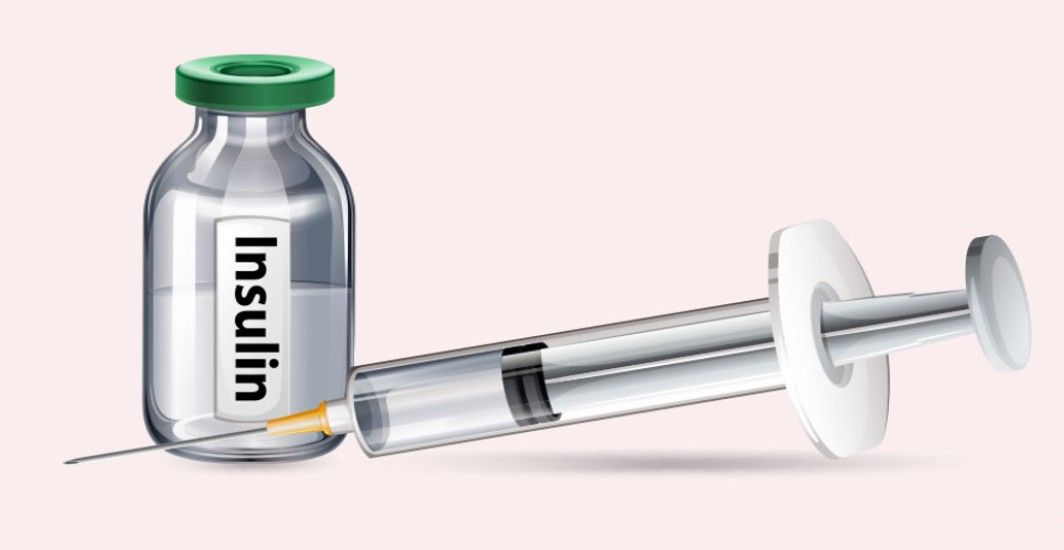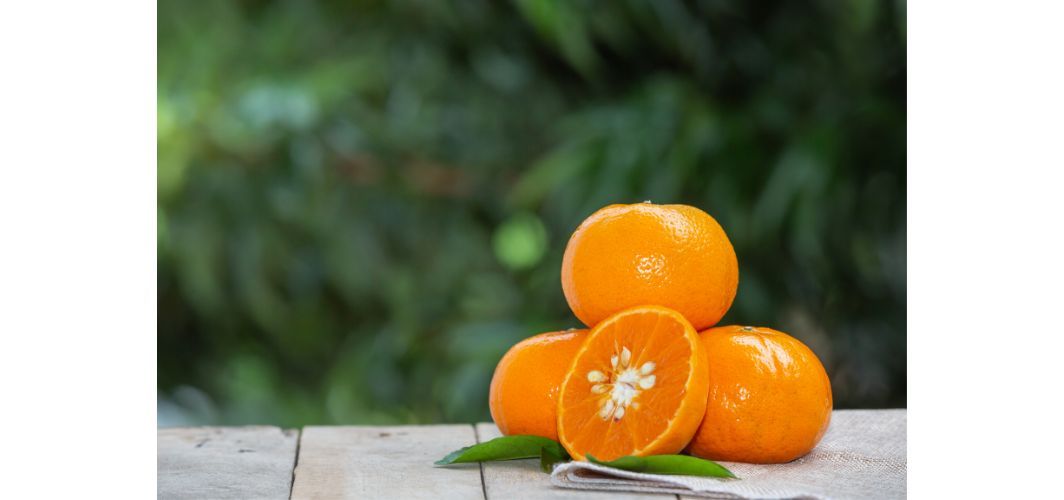Diabetes Management
Fruits That Aid in Blood Sugar Regulation
2 min read
By Apollo 24|7, Published on - 16 May 2024
Share this article
0
0 like
.jpg?tr=q-80)
Have you ever wondered if there's a magical fruit that regulates your blood sugar? While managing diabetes might seem daunting, incorporating the right fruits into your diet can make all the difference. Understanding which fruits are most beneficial for blood sugar management marks an important step towards healthier eating habits.
Fruits that Effectively Control Blood Sugar Control
Fruits, with their vital nutrients and dietary fibres, can play a pivotal role in managing blood sugar levels. For instance:
- Apple With a low glycaemic Index (GI) level of 36 and high fibre content, apple can help maintain stable glucose levels.
- Orange: This low-GI fruit is rich in dietary fibre and other nutrients that slow down the absorption of sugar, helping control blood glucose levels.
- Kiwi: This fruit boasts a fibre-rich profile and is loaded with nutrients that aid in managing blood sugar levels.
- Papaya: With its essential nutrients and fibre content, papaya can be beneficial for diabetic patients.
- Peach: This fruit provides ample fibre and other essential nutrients, making it a good choice for individuals managing diabetes.
- Strawberry: Low GI, fibre-rich, and loaded with antioxidants, strawberries help stabilise blood sugar levels.
- Jamun (Black Plum): Renowned for its low GI of 25 and high fibre content, jamun is ideal for diabetic patients.
- Pear: Packed with fibre and essential nutrients, pears can aid in managing blood sugar levels effectively.
- Plum: With their low GI and nutrient-rich profile, plums are beneficial for individuals managing diabetes.
- Guava: Exceptionally low in GI (12-24) and high in fibre, guavas make one of the best fruits for diabetic patients due to their negligible impact on blood sugar levels.
- Watermelon: Despite being higher in GI, watermelons are nutrient-rich and hydrating and can be consumed in moderation by diabetic patients.
Understanding the GI
GI is a rating system for foods containing carbohydrates. It shows how quickly each food affects your blood sugar (glucose) level when that food is eaten on its own.
Low-GI foods (55 or less) are digested, metabolised, and absorbed more slowly and cause a lower and slower rise in blood glucose.
The Importance of Incorporating Fruit into Your Diet
Eating a variety of fruits can provide a wide range of health benefits—like boosting your immune system, aiding digestion, and providing necessary vitamins and minerals. But remember, moderation is key as overindulgence could lead to increased blood sugar levels.
While fruits can be a healthy addition to a diet for those with diabetes, it's essential to consult with your doctor or a dietitian. They can help tailor your diet to your specific needs and ensure that you're getting the right balance of nutrients.
Diabetes Management
Consult Top Diabetologists
View AllLeave Comment
Recommended for you

Diabetes Management
Understanding the Risks of Diabetic Shock and Insulin Reaction
Understanding diabetic shock and insulin reactions is crucial for individuals managing diabetes. By recognising symptoms early and responding swiftly with appropriate treatment measures, severe hypoglycaemia can be managed effectively. Prevention strategies like monitoring blood sugar levels regularly and adjusting food intake or insulin doses based on lifestyle changes are key.

Diabetes Management
You Can Include These Winter Fruits in Your Diabetic-Friendly Diet
Berries like strawberries and blueberries offer antioxidants and a low glycemic index. Citrus fruits such as oranges, amla etc. abundant in winter, provide vitamin C and fibre for stable blood sugar. Apples and pears, high in soluble fibre, make satisfying snacks. Kiwi, low in carbs and rich in nutrients, adds a powerful punch. Embrace these fruits for a flavorful and health-conscious winter diet, always mindful of portion sizes for optimal diabetes management.

Diabetes Management
Can Diabetes Cause Hormonal Imbalance?
Diabetes disrupts hormone balance, affecting blood sugar regulation and stress, sex, and thyroid hormones. Consistent monitoring, medication, balanced diet, exercise, and stress management are vital to managing these imbalances. Understanding this link is crucial for improving overall well-being and diabetes control.
Subscribe
Sign up for our free Health Library Daily Newsletter
Get doctor-approved health tips, news, and more.
Visual Stories

8 Fruits That are Incredibly Healthy for Diabetes
Tap to continue exploring
Recommended for you

Diabetes Management
Understanding the Risks of Diabetic Shock and Insulin Reaction
Understanding diabetic shock and insulin reactions is crucial for individuals managing diabetes. By recognising symptoms early and responding swiftly with appropriate treatment measures, severe hypoglycaemia can be managed effectively. Prevention strategies like monitoring blood sugar levels regularly and adjusting food intake or insulin doses based on lifestyle changes are key.

Diabetes Management
You Can Include These Winter Fruits in Your Diabetic-Friendly Diet
Berries like strawberries and blueberries offer antioxidants and a low glycemic index. Citrus fruits such as oranges, amla etc. abundant in winter, provide vitamin C and fibre for stable blood sugar. Apples and pears, high in soluble fibre, make satisfying snacks. Kiwi, low in carbs and rich in nutrients, adds a powerful punch. Embrace these fruits for a flavorful and health-conscious winter diet, always mindful of portion sizes for optimal diabetes management.

Diabetes Management
Can Diabetes Cause Hormonal Imbalance?
Diabetes disrupts hormone balance, affecting blood sugar regulation and stress, sex, and thyroid hormones. Consistent monitoring, medication, balanced diet, exercise, and stress management are vital to managing these imbalances. Understanding this link is crucial for improving overall well-being and diabetes control.

